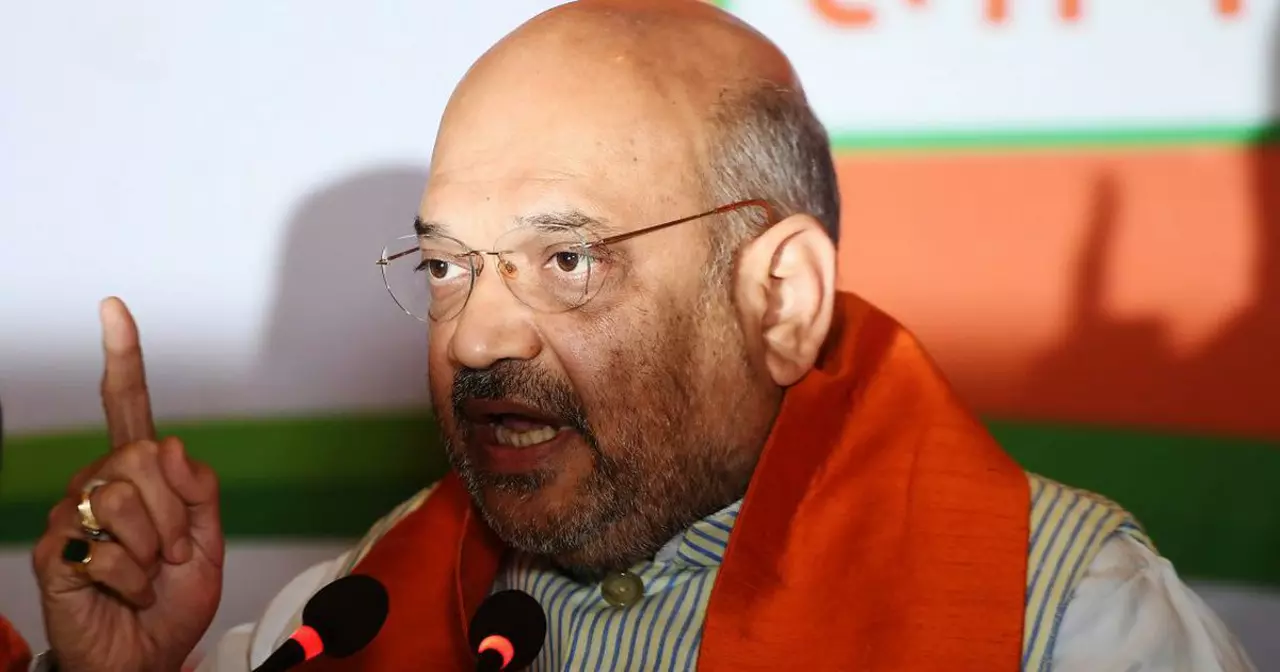Indian Politician: Who They Are and Why They Matter
When you hear the word "politician" you probably think of rallies, speeches, and big decisions that affect daily life. In India, a politician is anyone who runs for office at the local, state, or national level and works to represent people’s interests. From a village council member to a Member of Parliament, each role carries its own set of duties and influence.
Most Indians interact with politicians without realizing it. Whether it’s a pothole being fixed, a school getting new resources, or a new law on smartphones, a politician is often behind the scenes. Understanding what they do helps you see why some issues get solved quickly while others linger.
Roles and Responsibilities
At the local level, politicians manage community services. They decide how to spend municipal funds, approve building permits, and address neighborhood problems. Their decisions directly affect water supply, waste collection, and local schools.
State politicians, like members of the Legislative Assembly (MLAs), focus on larger projects such as highways, health clinics, and state education policies. They also play a part in state budgets and can influence lawmaking that applies to millions of residents.
At the national level, Members of Parliament (MPs) and Members of the Rajya Sabha (the upper house) shape countrywide policies. They debate and vote on laws covering everything from tax reforms to defense. Their work determines the direction of the nation’s economy, foreign relations, and social programs.
Beyond legislation, politicians serve as a bridge between the public and the bureaucracy. They bring citizens’ complaints to the attention of government departments and can push for fast-tracked solutions. They also act as a voice for their constituents in the media and during public forums.
How to Follow Their Work
Staying updated on what your politicians are doing doesn’t require a subscription to a news channel. Most have official social media pages where they post updates, policy statements, and upcoming events. Following these accounts gives you a direct line to announcements and allows you to ask questions.
Government portals also list details about bills, voting records, and constituency projects. Websites like the Lok Sabha and Rajya Sabha provide searchable databases where you can see how a particular MP voted on key issues.
If you prefer a more personal touch, many politicians hold weekly “Janata Darbars” or public meetings. Attending these sessions lets you raise concerns directly and hear their plans for the area.
Finally, local newspapers and community radio stations often cover the activities of nearby elected officials. Keeping an eye on these sources can give you context on how decisions impact everyday life.
Understanding Indian politicians—what they do, where they work, and how you can stay informed—helps you become a more engaged citizen. Whether you’re voting in the next election or just curious about a new road project, knowing the basics makes the political landscape less confusing and more approachable.

- May 1, 2023
- Posted by Aarav Bhatnagar
What do you think of Amit Shah?
In my opinion, Amit Shah is a highly influential political figure in India, known for his strategic thinking and strong leadership qualities. As the Home Minister and a key member of the ruling BJP party, he has played a crucial role in shaping the country's policies and political direction. While some admire his unwavering dedication and determination, others criticize his controversial decisions and aggressive approach. Personally, I have mixed feelings about Amit Shah, as I acknowledge his contributions to the nation, but remain wary of some of his contentious actions. Overall, his impact on Indian politics and society is undeniable and continues to spark significant debate.
Categories
Latest Posts
©2026 kvrinfosys.in. All rights reserved




